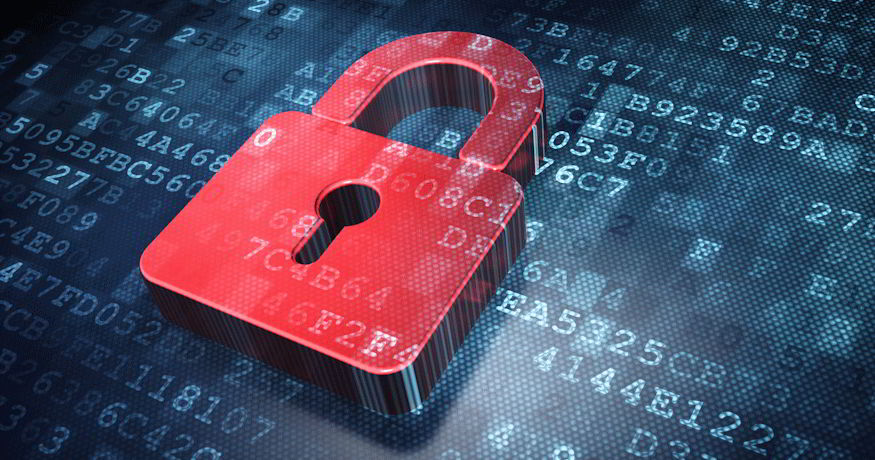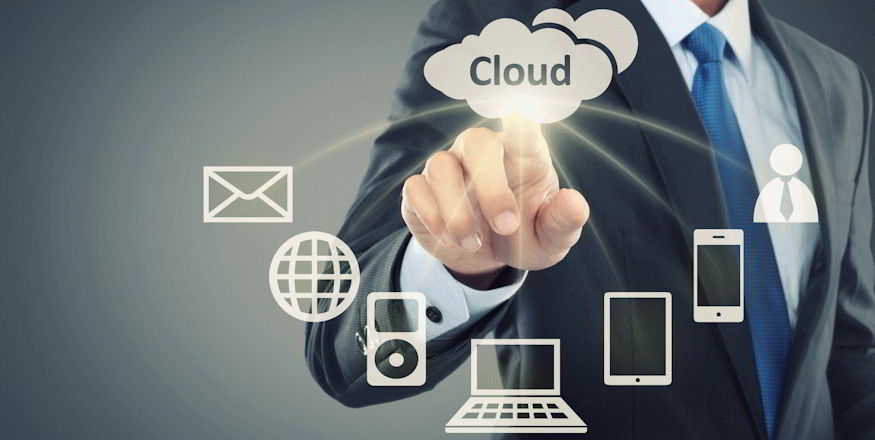
The entire world moves towards a digital-oriented future, in which digital footprints are just as real as the physical ones, and often replace them for good. It is empowering to store all your important data in a tiny memory chip inside your phone, but this approach has brought several challenges as well.
Unfortunately, people have a hard time safeguarding their data, and younger generations share a wealth of personal information on social media platforms daily – and often do it without thinking about the potential consequences.
Misused personal information can damage people’s reputation, and often leads to financial loss. Therefore, understanding why personal data is important and how to keep it private is critical.
But what personal information is important in the first place? Data security consultants will often answer “personally identifiable information,” which includes (but is not limited to) your name, social security number, bank account information, credit card details, phone number, address, health records, email address, social media handles, login credentials for various online platforms, and so on.
Another important dataset that may be tied to your identity consists of your browsing history, purchase history, etc. Internet marketing companies use this type of information to deliver targeted ads, but cybercriminals can also use bits of information like these to steal your identity and/or orchestrate successful phishing attacks by sending you highly personalized emails, which include links to malware.
How to Protect Personal Data
Use unique, strong passwords for each online account. Password managers can simplify this task by providing a safe vault for all your passwords, which will be protected by a master password. Make sure your master password is a complex one; otherwise, you risk exposing the passwords for all your accounts.
Enable two-factor authentication, also known as 2FA, wherever it is available. Most online platforms support this security feature, which will make account logins possible only if the person knows a security code sent via SMS or through an authenticator app.
Always use secure networks. Don’t ever use public Wi-Fi hotspots; any hacker connected to the same network may find a way to get into your device and then steal your information. If you really need to do that, use a VPN service from a reputable company, which will create an encrypted data tunnel between your device and the destination server. It’s not a fail-proof solution, but it’s far better than using a regular connection.
Keep your devices up to date. Update your devices as soon as new firmware is released, and patch them as soon as new versions of software are available. Besides adding new features, most updates contain security patches that fix known vulnerabilities.
Install and use top-rated antivirus software. This will help you detect harmful software before it manages to infect the device and steal your data.
Be aware of how much data you share online. Remember that once the data is on the Internet, it will be almost impossible to control who can access and use it. Adjust your social media accounts’ privacy settings, limiting the amount of info that can be seen by anyone.
Protecting personal data must be a top priority for everyone. It’s true that it requires some effort, but the alternative is to fall victim to fraud and/or identity theft. Just like in real life, prevention is better than cure.



 Need high-quality tech articles for your website?
Need high-quality tech articles for your website?